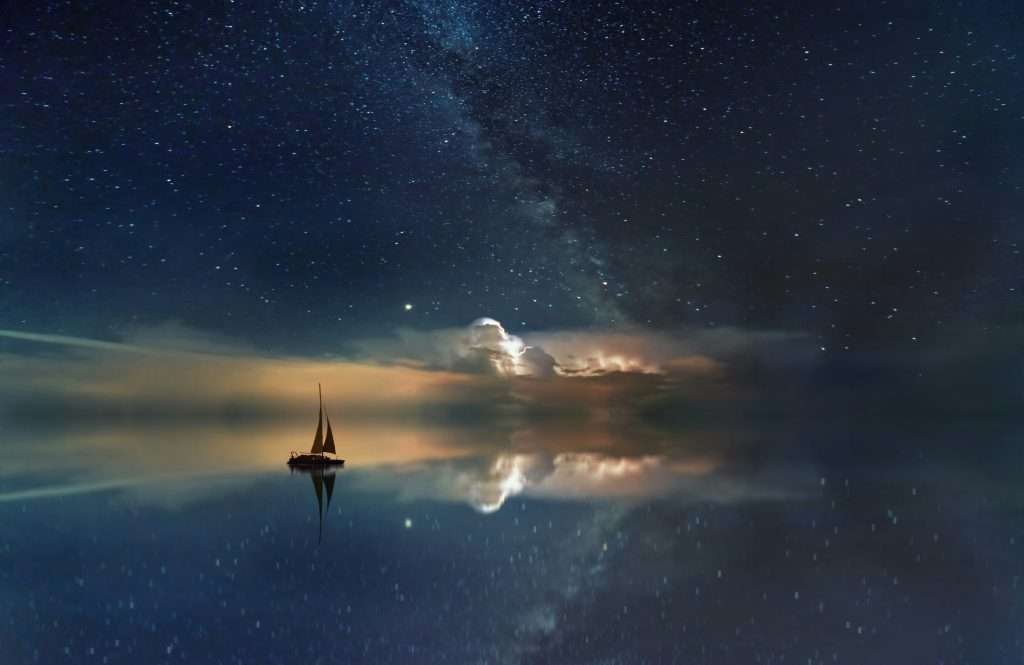
We’re the British Fantasy Society… but what exactly does “fantasy†mean? This is something I’ve been tackling a lot since I became a more visible part of this community. You see, I lean towards the dark, mostly writing in folk and occult horror or the supernatural – but is that fantasy? Is horror really in the same space as LOTR or GoT or ACOTAR or any of the other acronymed doorstopper-sized-books series that most people think of when they hear the word “fantasyâ€?
Horror sure is speculative fiction, which is what the BFS is here to celebrate, and yet I would never have thought to join the BFS because of that word.
The F-word.
Fantasy.
I’ve even had some chats on social media with sci-fi writers feeling the same: that the SF of SFFH isn’t fantasy either. Why do we, a fairly marginalised community to start with, want to silo ourselves even further by being gatekeepers about what belongs where?
So this month, I turned to the BFS community to settle this once and for all. I asked them:
- What does “fantasy†mean to you?
- What sorts of things does it encompass?
- What might you come across when reading or watching fantasy things?
- And how would you, as a fan of speculative fiction, explain “fantasy†to those outside the community?
The intention wasn’t to get an official definition – plenty have done that before, and plenty of members pointed to Sir Terry Pratchett’s oft-quoted “the first fiction ever recounted was fantasyâ€. Trudie Skies even got into the meme action, noting the very many comparisons of sci-fi and fantasy on this website.
[By the by, Pratchett’s quote is from his comeback to a sneery journalist who insisted fantasy was “less than serious†and “a rather ghettoised genreâ€, and you can read the whole thing here.]
But it seems even those in the community have very different views about the thing we’re here to celebrate! Some are clinging to that doorstopper, secondary-world, multi-threaded narrative idea of fantasy; others widen things out a bit and think of it as anything “not realityâ€. Does fantasy need magic? Swords? Made-up languages? Or is it more of a mood and setting? This is one debate that will never settle…
Below is a recap of the conversation in the BFS Member Discord, where we conduct these chats every month before I round them up for the website. Where people have responded to each other, I’ve looped the conversation together. Where they were standalone comments, they are presented alone. Who do you agree with? What’s your own answer to these questions? Let us know by leaving a comment at the end of this article, or jump back into Discord to get involved. Are you a member but not yet in the BFS Discord server? Contact us to request your invite.
And remember: you don’t have to be the next Tolkein to join the BFS! Anyone in the speculative fiction (sci-fi, fantasy and horror) community is welcome, whether you’re a writer or a reader, an editor or agent or publisher, a blogger or podcaster or filmmaker, or you just love immersing yourself in these worlds that are more than mere reality.
Featuring contributions from:
- Ben Moxon | Twitter
- Matthew Palmer
- Lauren McMenemy | Website | Twitter | BlueSky | Instagram | Mastodon
- Luna Profir
- Helen Thwaite | Website | Twitter | Instagram | Facebook
- Stephen Frame | Profile
- Gabriel Greene
- Laurence J.R. Nix | LinkTree
- Cheryl Sonnier | Website | Twitter | Instagram | Facebook | BlueSky
- Richard Hussey | Website | MastodonÂ
- PS Livingtone | Website | Twitter | BlueSky | Instagram | Facebook
- David Green | Website | Twitter | BlueSky | Facebook
- Oliver Arditi | Website | Instagram | Facebook | Mastodon
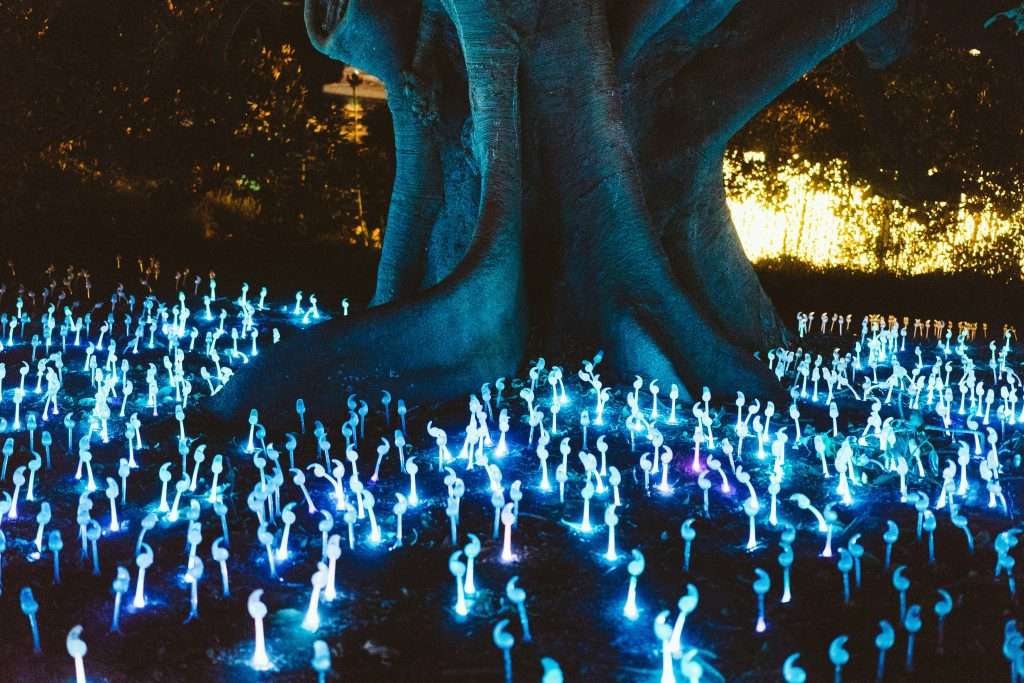
Ben Moxon:
If you have magic with no technological explanation for it, you’re probably in fantasy. The technological explanation might once have existed, but if nobody in the setting knows or figures that out, we’re in fantasy territory. That places a dividing line between The Book of the New Sun and the Steerswoman series which feels about right to me.
Matthew Palmer:
Hmmm… I would say that Fantasy is fiction with elements that don’t conform to common expectations about reality. I’m not 100% sure what the dividing line is between that definition and Horror but I think that you can probably blame Clive Barker for the fact that my definition is somewhat wider than others…
Ben Moxon:
I think there’s a lot of crossover for sure.
Lauren McMenemy:
See, that’s the thing for me: I’m a horror writer, and never thought of aligning with fantasy until I stumbled across the BFS and was assured ‘speculative fiction’ covered everything not in the real world. And given my horror is more occult/supernatural, it kinda fits. But so few people I speak with consider anything apart from LOTR-style stuff to be fantasy!
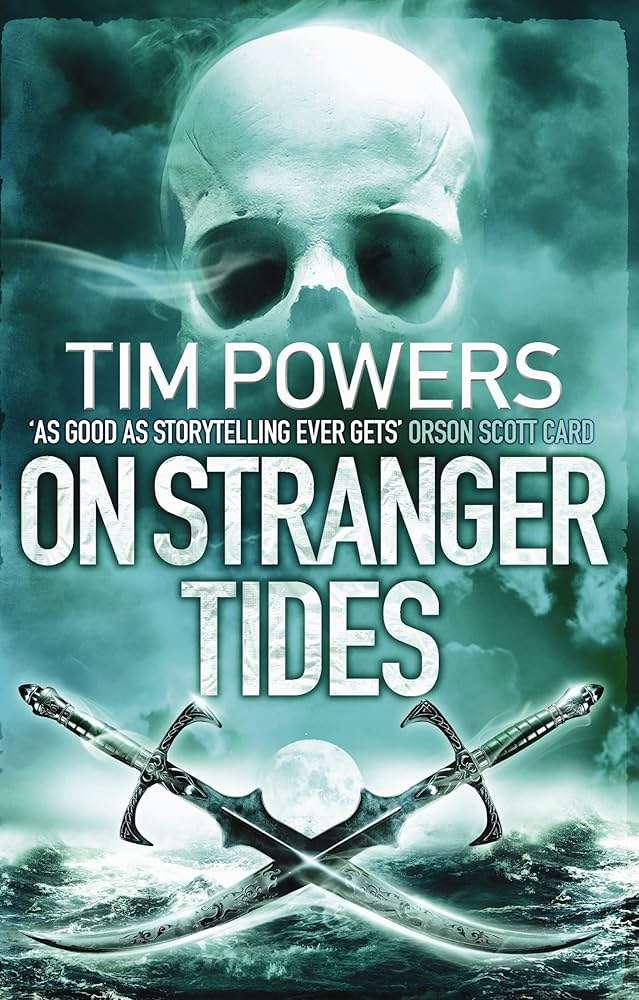
Ben Moxon:
It’s hard to argue that Charles De Lint or Jim Butcher aren’t writing fantasy, I think. Also interesting to think about historical fantasy – the type of stuff that Tim Powers does so well, where he sneaks magic in the cracks of history. The Drawing of the Dark pretty much classic fantasy, but Declare is more of a cold war spy novel, where the presence of Djinn pushes it into the fantasy realm. Or something like Last Call which was entirely contemporary when it was written but now feels like a period piece.
Luna Profir:
For me, fantasy is “it couldn’t happen in our world†and sci-fi is “it could happen if tech got advanced enough†even if it later turns out it was never scientifically possible, but at time of writing, it seemed possible
Helen Thwaite:
To me, “fantasy” means going on an adventure/mission, with dangers from both the environment and others, treasures to be found and bad guys to beat.
Stephen Frame:
“Explain fantasy to those outside the community.”
Well . . . First, there was swords and armour and barbarians wearing hairy breeks. Actually, no, let’s go back a bit. Animal Farm: fantasy. War of the Worlds: fantasy (SF, too, but let’s not complicate things too much), Twenty Thousand Leagues Under the Sea: fantasy. A Christmas Carol? A Midsummer Night’s Dream? Any myth or legend you care to mention? So, fantasy has a long and distinguished pedigree in story-telling. Maybe the longest.
Okay, we did get caught up in the whole swords, armour and hairy-breeked barbarian thing for a while there, but we’re over that now. Sort of. Let’s get more up to date. “The Ugly Chickens”, short story by Howard Waldrop, in which, the dodo may not be as dead as we thought. “Gigantic”, novel by Ashley Stokes, about yeti-hunting and bad life choices in the London suburbs. Fantasy?
Yeah, but it’s all kid’s stuff, isn’t it? Read “Watchmen.” Or “The Boys.” Then we’ll talk. But, yeah, it is all kid’s stuff. It’s about playing. With ideas, themes, concepts. Maybe pulling them in ways other genres can’t. And there will be swords, armour and hairy breeks along the way, ‘cos who doesn’t like a bit of that.
Does that answer the question?
(Photo by Marco Guerrero on Unsplash)
Gabriel Greene:
Fantasy is a genre of fully fictional folk tales.
Ben Moxon:
I can’t think of many folk tales that have multiple-perspective multi-threaded narratives, which is a classic marker of fat-book fantasy.
Lauren McMenemy:
See, this is part of the challenge I think: you’re thinking specifically of “fat-book fantasy†with “multi-threaded narrativesâ€, i.e. the classic epic fantasy type of thing. Take it more broad and it’s more just “beyond realityâ€. This is the crux is the question, and the crux of the challenge for a fantasy society that covers all of speculative fiction.
Gabriel Greene:
As far as I know, folk tales are the origin of magic. Fantasy cannot exist without, can it?
Ben Moxon:
I would argue that no matter how deep that root goes, a tree is more than its root.
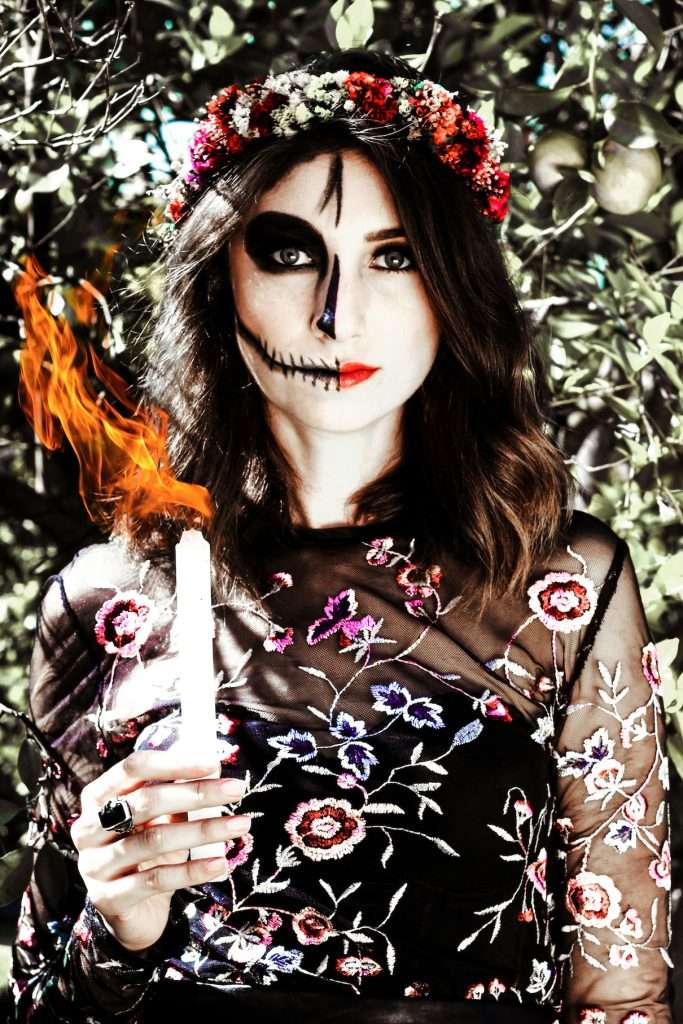
Gabriel Greene:
I wouldn’t call someone’s literary style the tree… You’ve said fat-book fantasy is the tree? Shakespeare’s Macbeth is Fantasy, btw. And it definitely does not fit the modern standard of fantasy novels.
Ben Moxon:
No, I’m talking more about the wide spread of the genre that we see now- if you look at the four books in my previous post, I’d think of all of those as branches on the tree, which goes in endless other directions as well.
Gabriel Greene:
To elaborate on what I tried to say, I need to ask, who coined the genre? It’s my belief that it was Tolkien and so, fictional folk tales.
Ben Moxon:
I think a good argument could be made that authors like Dunsany, Howard and even Kipling were writing fantasy prior to Tolkien, but I don’t know when it began to be identified as a genre. I imagine there’s been a good amount of research around that, or at least that someone has done the research to find out.
Gabriel Greene:
Thank you! The King of Elfland’s Daughter sounds like a book that I should read.
Laurence J.R. Nix:
In the broadest sense, fantasy is anything with a sense of otherworldliness and imagining something beyond what reality can offer. but there’s a decent argument that fantasy is the setting not the genre, and you can tell anything from a romance to a spy thriller to a mournful war story to a slapstick comedy in a fantasy setting. That’s why we end up with so so many subgenre terms, because the word ‘fantasy’ alone can’t communicate anywhere near how much amazing variety there is under that umbrella!
Cheryl Sonnier:
I think fantasy, for me, is an umbrella for so many subgenres. Anything we have to imagine because it doesn’t exist (or rather cannot be proven to exist) within our collective reality would be a form of fantasy. So horror, ghost stories, folklore, mythology are all a part of the genre as much as high fantasy, urban fantasy, paranormal fantasy etc.
Matthew Palmer:
That is a really good definition.
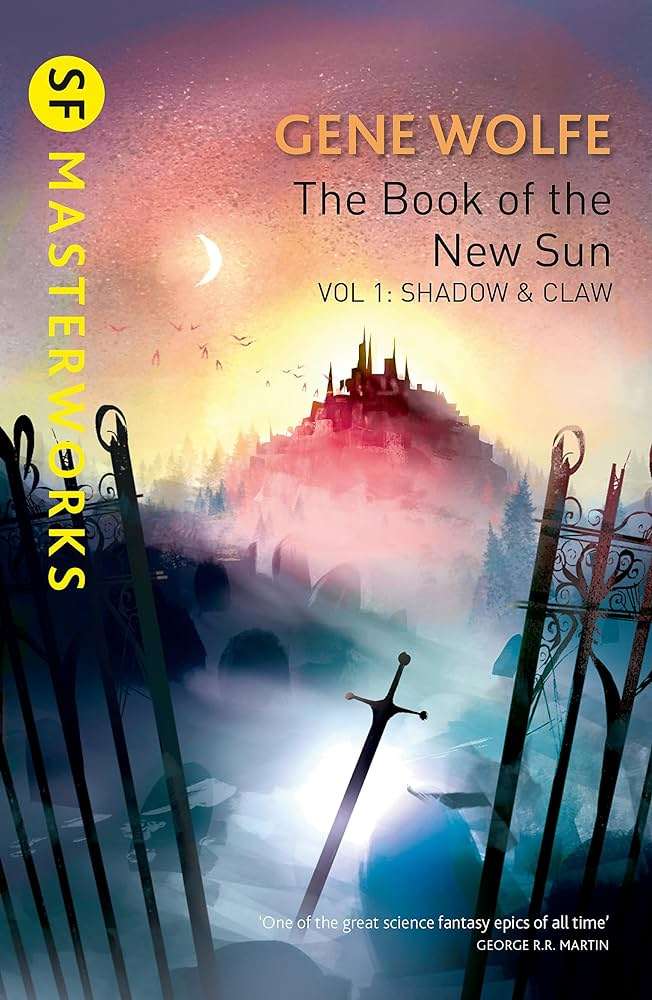
Ben Moxon:
I think I get along with that – you need a pretty big umbrella to fit Graham Joyce’s Indigo, Gardens of the Moon, The War For The Oaks, and The Book of the New Sun – to pick four very divergent books that all get hailed as fantasy classics, even before you wander into things that are predominantly something else. I was reading a post today that was aiming to offer a complete reading list for Stephen King’s Dark Tower series and it included most of his novels.
Richard Hussey:
I would say that it depends on what you’re doing with the themes, setting, structure, vibes, tropes, etc. Stories with ghosts in are often fantasy, but “ghost stories” are not IMO. They are a specific type of horror vibe that isn’t a fantasy story to me.
Ben Moxon:
Depends on whether any of the ghosts has a sword 🙂
PS Livingstone:
To me, fantasy in a broad stroke is writing about anything that doesn’t exist (or we can’t prove exists) beyond the natural world we know. You can throw a lot of synonyms at it – supernatural, magical, paranormal, celestial, ethereal – but it comes down to the same thing. There are tonnes of subgenres, which is where the arguments come in, but it should be easy to say if we’re writing fantasy. Fundamentally, that opinion is down to the person writing it anyway.
David Green:
This is my take on it, too. It’s all about “the other.” What started as mainly subcreation via a second world has grown into other subgenres – contemporary, non-magical, romance, dark, grimdark etc etc – but there’s always some element of the hidden becoming known or real. Which is what urban fantasy essentially is – instead of the story taking place in a secondary world, that secondary world is overlaid on our own. Basically, “what is fantasy” is quite simple, but also quite complex at the exact same time
Matthew Palmer:
It’s rather like that quote about pornography, it’s hard to define, but you know it when you see it…
Laurence J.R. Nix:
Could only find that one much reposted Pratchett answer as a grainy screenshot on an old reddit post, but it’s a good one
PS Livingstone:
I’ve always loved this response.
Matthew Palmer:
Goodreads has a transcript of that which is far more easily read.
David Green:
Tolkien’s essay ‘On Fairy Tales’ still rings very true for the majority of second world fantasy of the epic and classic type. But his definition doesn’t fit grimdark, low, contemporary. And I can’t imagine Tolkien being a fan of those subgenres anyway
Oliver Arditi:
I love how you’ve phrased this, as it’s obviously not asking for a definition of fantasy. If you want to go down that road, it’s neverending—the first known literature is arguably fantasy (it has supernatural elements), and it’s only very recently (historically speaking) that anyone would have thought the presence or absence of supernatural elements affected what genre a story was. Macbeth (a tragedy) and A Midsummer Night’s Dream (a comedy) would both be fantasy today if they were novels. A favourite factoid of mine is that the words ‘fantasy’ and ‘fancy’ used to be interchangeable (fancy originates as a contraction of fantasy)—if you were attracted to someone you might say you had a ‘fantasy’ for them, and you could describe something like a dragon or a faerie as a ‘fancy’, so I like to say that I’m into ‘fancy fiction’.
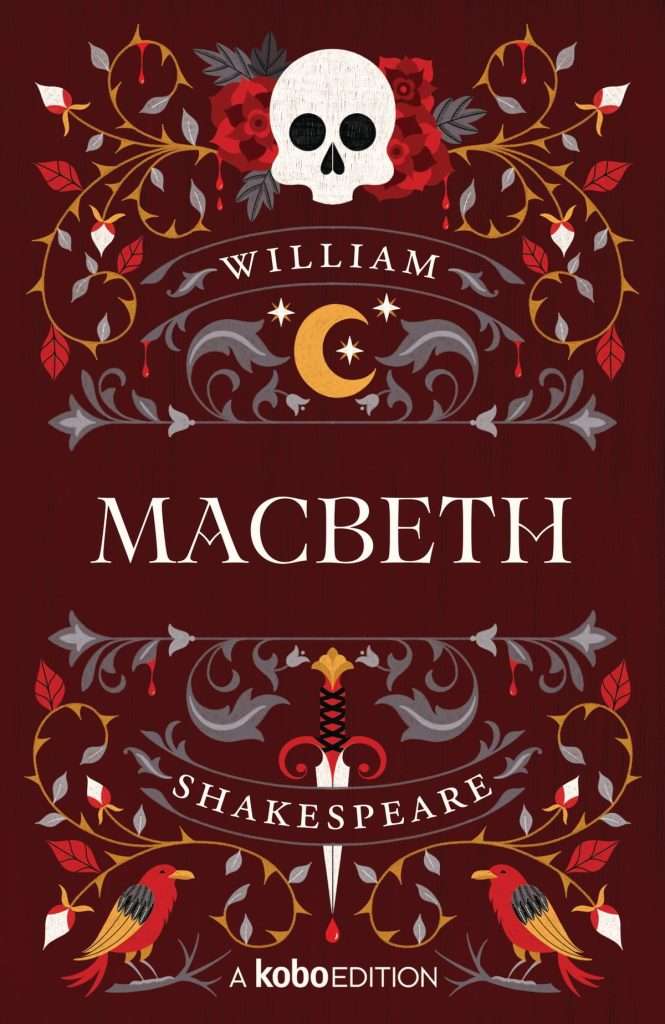
If you ask me what fantasy means to me, it’s actually really hard to answer. It seems a shame to suggest that it entails a particular sort of story, or particular kinds of characters or narratives, because for me it’s something that can encompass any and every kind of story (it contains multitudes ), from an erudite, tricksy first-person narration like Susanna Clarke’s Piranesi to a very straightforwardly narrated multi-perspective epic like, well, most epic fantasy doorstops. What do I want when I reach for fantasy? To be honest, I don’t reach for fantasy. I want to read stories that take me to other places, and I’m particularly into ones that take me to meticulously constructed secondary worlds, or modifications of our own world—but I don’t actually mind whether they are fantasy, science-fiction, horror, or something else. I’m with John Clute when he says that ‘fantastika’ includes all of this stuff, and that SF is basically a subgenre of fantasy. I like some ‘big-book’ fantasy, but I also like a lot of stuff that is often mis-appropriated as lit-fic, such as J.L. Borges, or his friend Adolfo Bioy Casares whose work I’ve recently discovered—and I’ve rarely been taken on more extraordinary, mysterious, or mind-expanding journeys than I have by W.G. Sebald, whose books aren’t fantastika, but do all the things I value fantastika for.
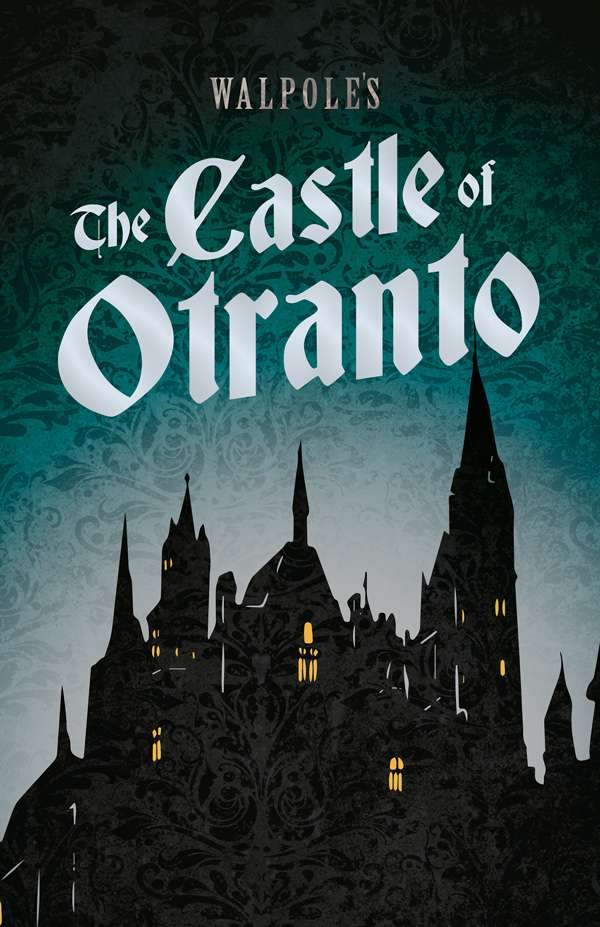
Cheryl Sonnier:
My first fantasy book was George MacDonald, ‘At the Back of the North Wind’. But I’m sure there are older books that would fit. Walpole’s ‘The Castle of Otranto’ is thought to be the first Gothic novel and has supernatural elements so would we consider that fantasy? (Published 1764)
Stephen Frame:
For me, fantasy is any work that contains an element of the fantastical. That is, evoking a sense of the strange and wonderful. Not the common definition, I’ll grant you, but it’s my hill and I’ll defend it! I’m with Oli, that most SF is fantasy (or, at least, any SF with faster than light travel).
Ben Moxon:
I remember seeing an article (I don’t recall by whom) that talked about fantasy being the literature of enchantment, and I think there’s something to that, as well.

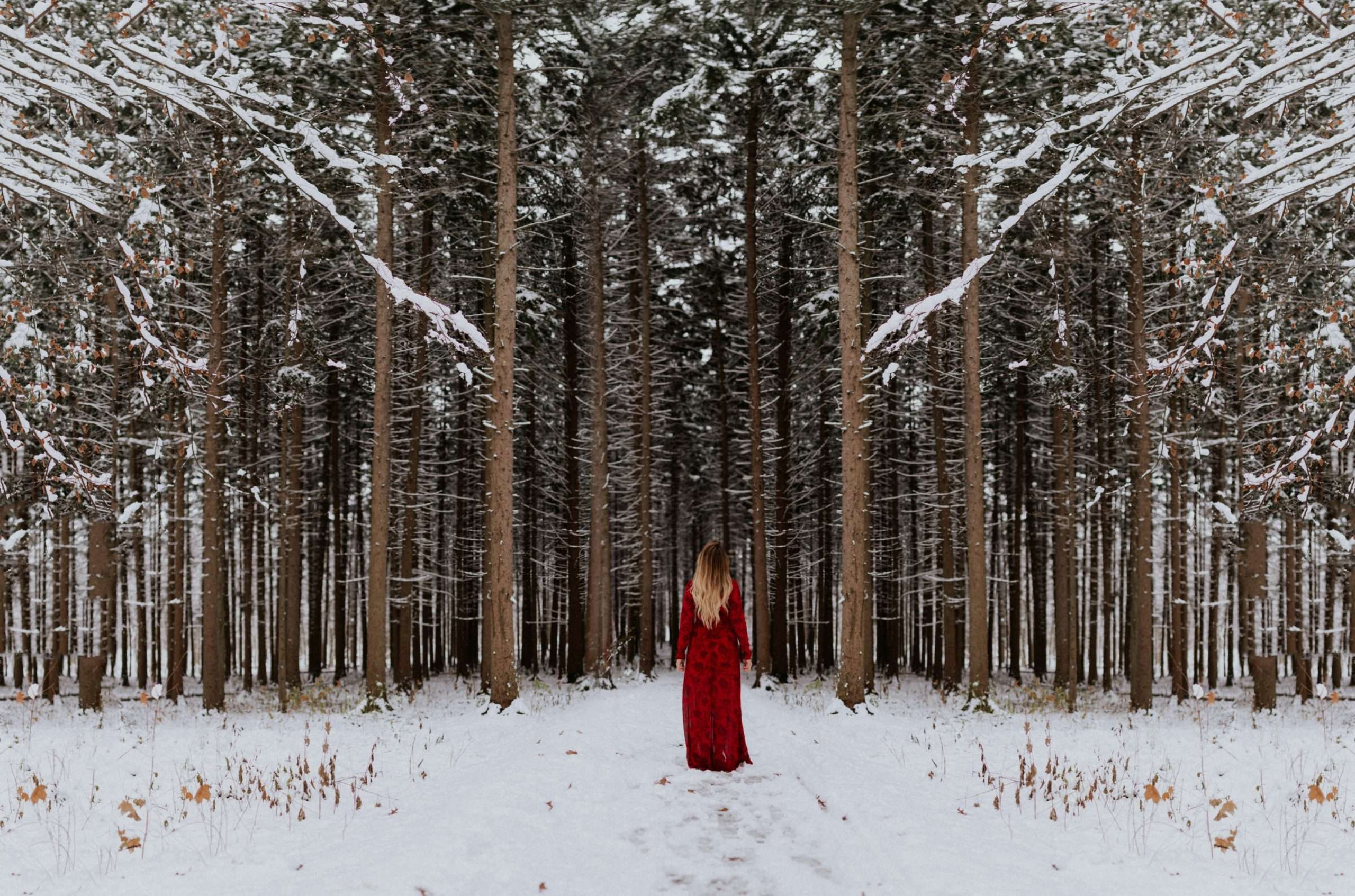
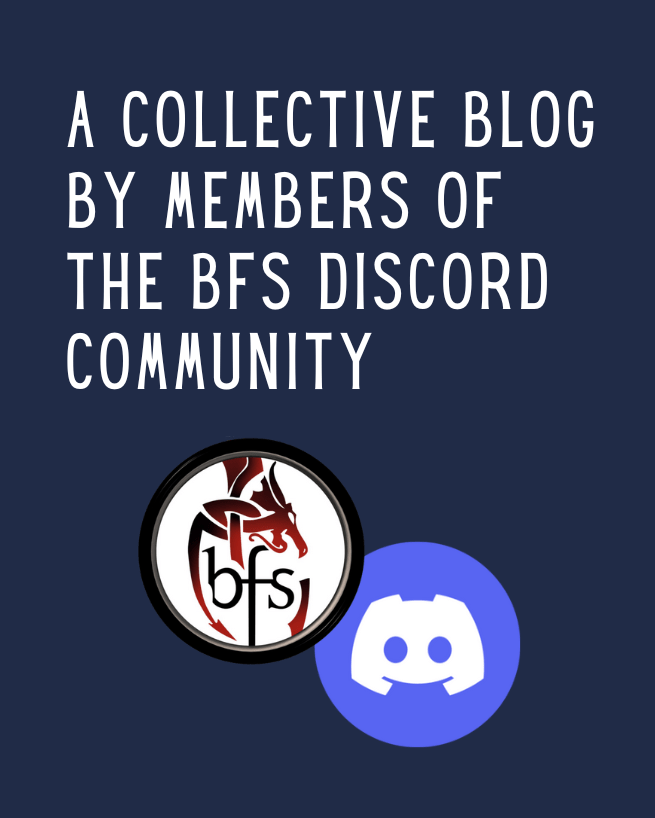
One response to “What Is “Fantasy”, Exactly? The BFS Community Has Some Thoughts…”
The freedom to write a world where normal rules don’t apply.